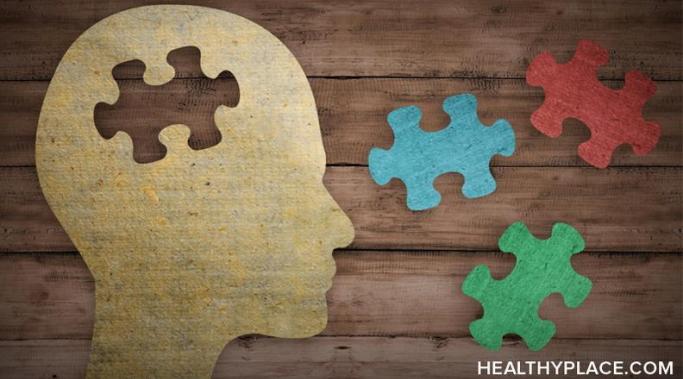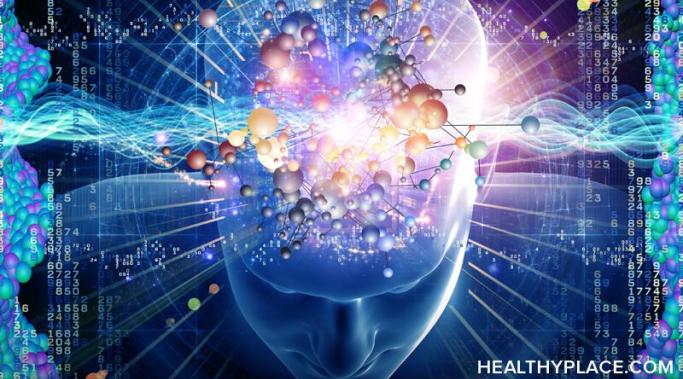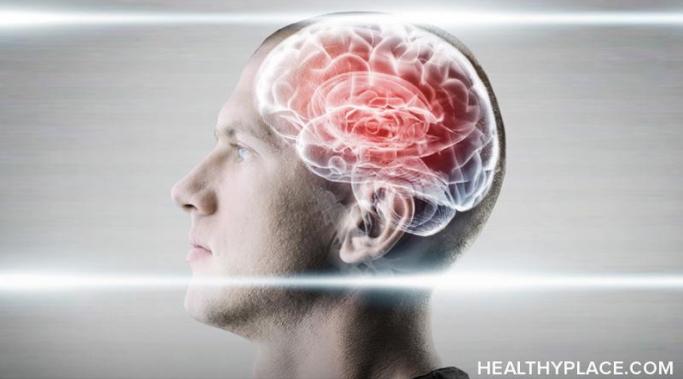Antipsychotic medications were so named as they were initially used to treat psychosis in disorders like schizophrenia. Antipsychotics include medications like Haldol, Thorazine, Seroquel, Abilify and Zyprexa.
These medications are now being used, more and more, in the treatment of other disorders like bipolar disorder and major depression.
One of the major problems with these medications is a side effect called tardive dyskinesia. Tardive dyskinesia is a disorder involving involuntary muscle spasms and can be (but isn’t always) permanent – even if the medication is discontinued.
How can you and your doctor look for the signs of tardive dyskinesia?
Breaking Bipolar
I hate shrinks. Shrinks should die. Shrinks are evil. (Thank the commenters (not an individual) for that.)
OK I get it, you don’t like psychiatrists. Personally, I would find a more intelligent way to express an argument, but your point is clear nonetheless.
You’re ranting. I get that. I rant. We all do. It’s a healthy expression of the frustration seen when dealing with so many things outside of our own control. But at some point you have to stop hating, wishing for murder and committing moral condemnation and actually do something useful.
I get asked quite a bit for specific treatment recommendations. People will tell me a few medication details and then ask what to do, or someone will ask what my experience has been on a certain treatment.
My answer is always the same: only your doctor is qualified to talk to you about your treatment as they know your personal history and health. My experience is only one person’s and cannot be generalized to any other person.
And that is the right answer. But unfortunately, it’s one people don’t want to give (or get).
A clear example is seen on Patients Like Me, a web site designed for patient-to-patient communication.
I write at HealthyPlace about the problems associated with living with bipolar disorder, and let’s face it, there are many. I also talk about the problems with the treatment of bipolar disorder, and yes, there are many of those too.
But just because I recognize issues, discuss genuine, painful emotion and make loud an inner voice that among most people is strangled, doesn’t mean my treatment has been a failure. Just because I’m not “all better,” that doesn’t mean treatment doesn’t work.
In the times when I've had prolonged periods of wellness, I don't particularly think about bipolar disorder and I don't feel its implications. I just get up, get out of bed, say 'hi' to my cats, and go about my day. True, the med-taking is a reminder, but bipolar isn't necessarily top-of-mind.
This does not mean, however, that I can forget about the bipolar disorder. Forgetting about bipolar disorder is one of the most dangerous things you can do.
Many sites on the internet dedicate themselves to serving up health information, but you should always question the source of that information.
I take a lot of flak for what I have to say about mental illness. My positions are often blunt and sometimes unpopular. This is fine with me. I’m an opinionated girl. Not everyone enjoys that particular charm.
But one thing that gets said every once in a while is I’m, “playing the victim.” And not only that, but I’m encouraging others to be victims. Contagious victim-ness I suppose.
This, of course, is just a slur designed to make me and others feel bad about what we have to say. Well, I say this:
Admitting to having a mental illness doesn’t mean you’re “playing the victim.” Talking about mental illness isn’t “playing the victim” either.
There are many, many people out there who either blog about issues of mental health or want to. Pretty much every mental illness is represented by people who are earnestly expressing their opinions and experiences.
But it’s a jungle out there, in the wooly wilds of the internet. So before you press “post,” please consider how much you want people to know about you.
In my last article on the biological evidence for depression I discussed evidence in genes, hormones, monoamines (like serotonin) and neuroimaging. Today I’ll finish off the research areas for the biological evidence of depression and suggest what I think all this biological evidence means.
Common messages spread by certain special interest groups are that “mental illness doesn’t exist” and “there is no biological evidence for mental illness.” It’s not surprising I take great exception with these claims. So do most doctors.
But the brain is an extremely complex organ and refuting the above notions is hard. It’s not a two-word response. So, I’m going to attempt to give a two-part overview, in plain English, of some of the research around the biology of major depressive disorder according to a meta-analysis done in 2010 (see below).


